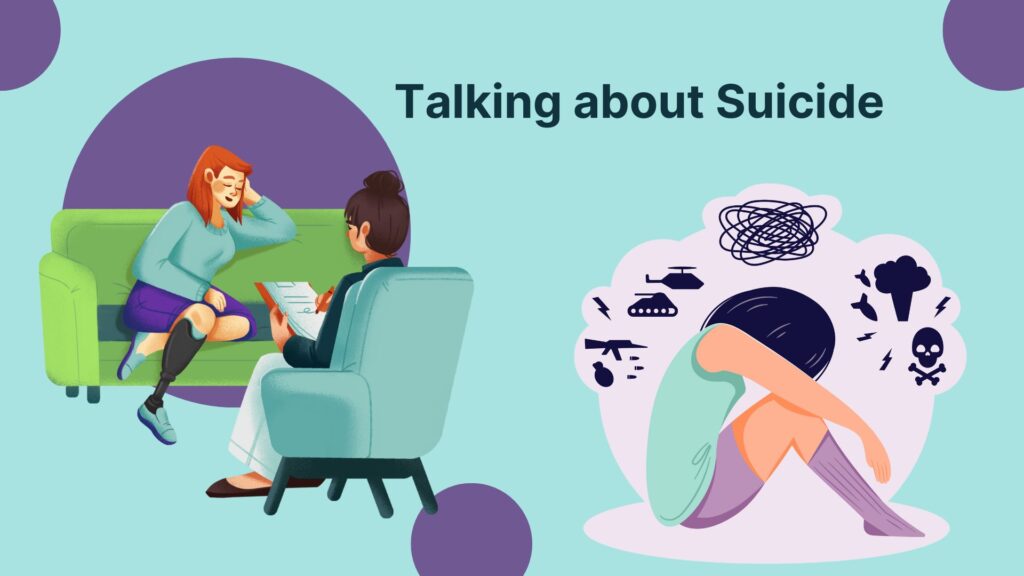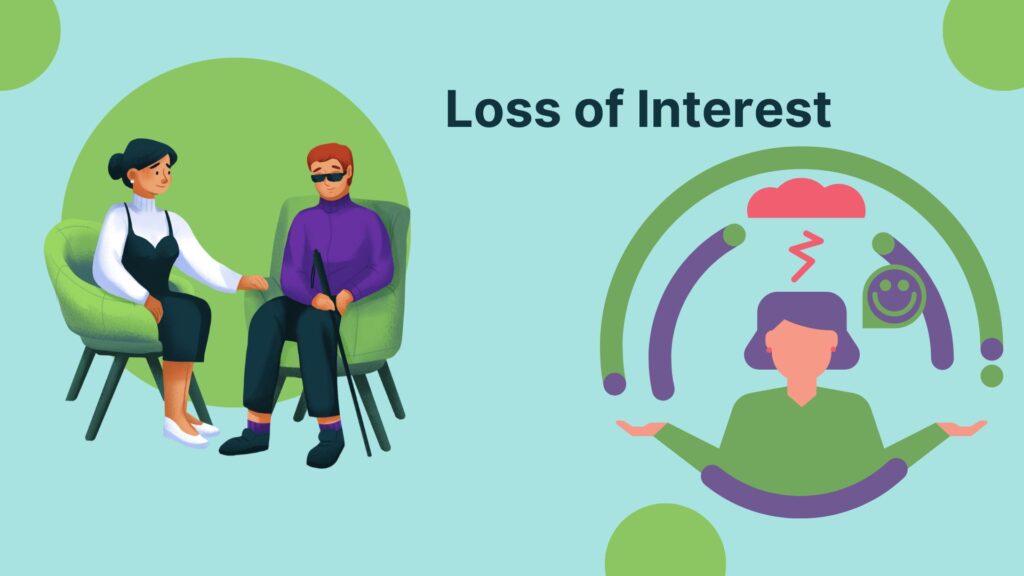
In our busy lives, it’s easy to overlook the silent struggles of those closest to us. We laugh, share stories, and go about our days, often unaware of the battles our friends may be fighting behind their smiles. Mental health challenges don’t always come with clear, visible signs. They can be subtle, complex, and deeply personal. Recognizing these signs early can make a significant difference, offering a chance for early intervention and support. This guide will help you identify the signs of mental health struggles in your friends and offer practical ways to be present for them.
“Learn how to identify mental health signs in your friends. Discover key mental health indicators and ways to help in our comprehensive guide.“
Understanding the Basics
Mental health issues are not a one-size-fits-all experience. They can range from anxiety and depression to more severe conditions like bipolar disorder or schizophrenia. Each individual’s experience is unique, shaped by their personal history, environment, and biology. This diversity means that the signs of mental health challenges can be varied and may manifest differently in each person.
However, there are some common indicators that may suggest a friend is struggling. Being aware of these can help you become a more attentive and supportive friend.
1. Changes in Behavior
it’s the first sign that you notice in your friend when you think about HOW TO IDENTIFY MENTAL HEALTH SIGNS IN YOUR FRIENDS and it is One of the most telling signs that something might be wrong is a noticeable behavior change. This could be a shift in how they communicate, their level of engagement, or their general demeanor. Pay attention if your friend, who was once very social and outgoing, suddenly becomes withdrawn and isolated. Conversely, someone who was more reserved may start engaging in risky behaviors or acting out of character.
Changes in sleep patterns can also be a red flag. If they mention sleeping too much or too little, it could be a sign of depression or anxiety. Similarly, changes in appetite or weight could indicate an underlying issue.
Mental health isn’t just about emotions” it affects the body, too. Your friend might be complaining of headaches, stomach issues, or other pains that don’t seem to have a clear cause.

2. Emotional Red Flags
when you think about HOW TO IDENTIFY MENTAL HEALTH SIGNS IN YOUR FRIENDS this is the most important sign you can notice in your friend, everyone has bad days, but if your friend seems persistently sad, anxious, or irritable. Maybe he is depressed. Anxiety might show up as excessive worry, panic attacks, or an inability to relax. If your friend seems constantly on edge or overwhelmed by everyday tasks, they may be struggling with an anxiety disorder.

3.Physical Symptoms
You Can See look tired all the time, maybe with dark circles under their eyes or a general sense of exhaustion. Sometimes, these physical symptoms are the body’s way of crying out when the mind is under too much strain.

4.Trouble Concentrating or Making Decisions
We all have moments when we forget things or feel scatterbrained, but if your friend seems unusually forgetful or distracted, it might be more than just a busy day. Depression and anxiety can make it hard to focus, remember things, or even make simple decisions. If your friend can’t seem to keep up with conversations or seems overwhelmed by tasks they used to handle easily, they might be struggling in ways they haven’t shared.

5.Withdrawing from Social Activities
Has your friend started canceling plans a lot, or do they seem uninterested in things they used to love doing? Losing interest in activities and isolating themselves are common signs of depression. It’s not that they don’t want to be around people; often, they just don’t have the energy or feel too overwhelmed to engage. It can be easy to take it personally or think they’re being flaky, but it might be more about what they’re going through internally.

6.Extreme Mood Swings
We all have our ups and downs, but if your friend seems to be on an emotional rollercoaster, it’s worth paying attention to. One day they might be on top of the world, full of energy and enthusiasm, and the next day they’re down in the dumps, irritable, or even angry. This kind of mood instability could be a sign of something like bipolar disorder, where emotions swing between extremes.

7.Using Substances to Cope
If your friend is drinking a lot more than usual, using drugs, or even talking about using substances to get through the day, that’s a big red flag. They might be using these things to numb their feelings or escape from their problems. It’s not just about the substances themselves, but what’s driving them to use them. This is a sign that they might need more help than just a friendly area.
when you think about HOW TO IDENTIFY MENTAL HEALTH SIGNS IN YOUR FRIENDS this is also the most important sign you can notice in your friend.

Conclusion: Being a Friend Who Cares
Being a good friend doesn’t mean having all the answers or being perfect. It just means showing up, paying attention, and being there when it counts. If you notice a friend struggling, your kindness, patience, and willingness to listen can make a world of difference. You can’t fix their problems, but you can remind them that they’re not alone in facing them. And sometimes, that’s more powerful than any words or advice you could offer.
When your loved one is suffering from mental health disorder and They shouldn’t know, nor should anyone else know, then with the help of this blog, you can detect mental health issues in your loved ones and you can help them quickly and also save them from the upcoming mental health disorder.
READ MORE BLOG ________ PEDAGOGYEDU.COM

Pingback: HOW TO CHOOSE AN UNDERGRADUATION COURSE IN ARTS - pedagogyedu